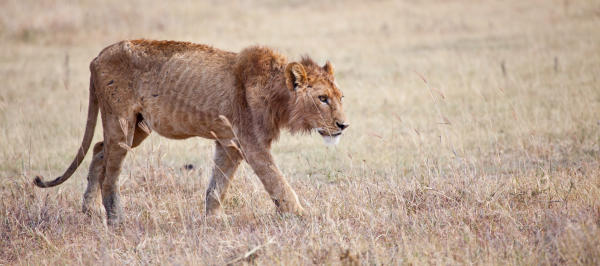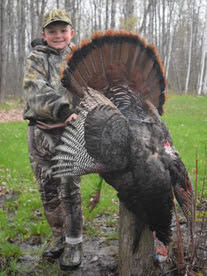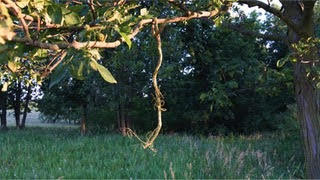Editor’s Note: This feature first appeared in The Outfitters Wire (
www.outfitterswire.com)
Remember Cecil the lion; the “iconic” lion shot by an American client of a professional hunter who didn’t have the requisite permit? The fallout was memorable: from internet trolls to the Ricky Gervais’ and Jimmy Kimmel’s of the world condemned the hunter in particular and lion hunting in general as a barbaric act with no place in our modern society. And with the outcry of the masses, the Obama administration leapt into action, barring any further import of lions into the United States. It was a victory for the lions, right? Well, not exactly.
In what has come to be known as the “Cecil effect,” big-game hunting in Zimbabwe, especially for lions, has seen hunter’s numbers diminish to historic lows. And though a few lions from certain countries under certain conditions can be imported under new Trump administration rules, lion hunters are not exactly coming back in droves. The fear of capricious prosecution from a third-world government, or more likely, the fear of the social media equivalent of a tar and feathering has led to reluctant hunters and a dangerous lion overpopulation in one of Zimbabwe’s few quality wildlife areas, the Bubye Valley Conservancy. Because the lion’s numbers are skyrocketing due to lack of a sustainable hunting harvest, Bubye Valley Conservancy will likely have to cull at least 200 of the 500-plus apex predator’s roaming within its borders.
In a dramatic case of lions behaving…as lions, the big cats are taking a bite out of the populations of numerous species of antelope as well, including sable, kudu, and giraffe just to name a few. But it’s not only the antelope who suffer. Lesser predators such as leopard, cheetah, and the endangered wild dogs are finding it harder to make a living in the dwindling game fields.
Fortunately, there is a solution, but it is a harsh one; Nature’s solution. Lions will devour the ever decreasing herds of antelope to a point where there are so few game animals left, the hungry predators start killing domestic cattle, goats, dogs, indigenous people, you know, a sequel of The Ghost and the Darkness until eventually, mass die-offs of most species and then voila! No more lions. Oh a few will survive, but in such small numbers there will be time for the other species to rebound. It is Nature’s way. For in a world with 7.3 billion people and growing, wildlife has to pay its way. And since lions are no longer pulling their metaphoric conservation weight, 200 of their number are going to have to die anyway. Only this way, it is without the approximate $1,000,000 sustainable use hunting would have generated for the benefit of conservation. So congratulations to the anti-hunting lynch mob. You win and lions lose.






